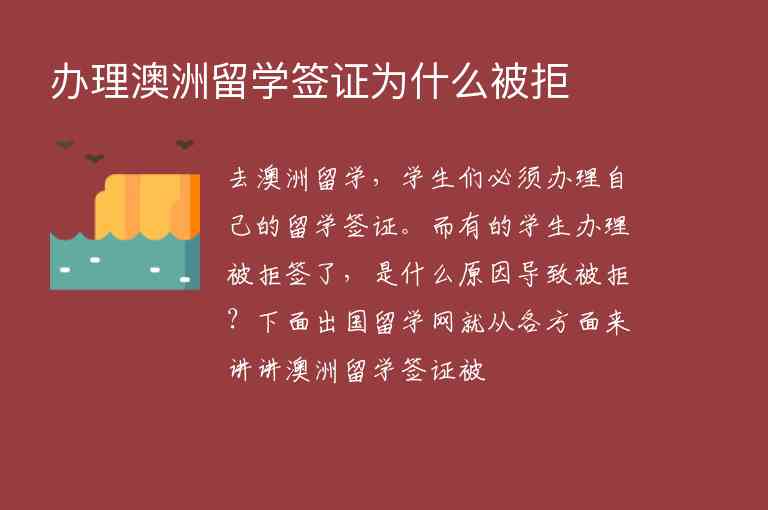derived是一个英语单词,意思是来源于,衍生而来的。它可以用作动词和形容词,具有多种含义和用法。
怎么读(音标)
derived的音标为/dɪˈraɪvd/。
用法
作为动词,derived常常与介词from连用,表示从某个来源或原因产生。:The word "robot" is derived from the Czech word "robota".(“机器人”一词源自捷克语中的“robota”一词。)
作为形容词,derived可以修饰名词,表示某物或某事物是从其他事物中衍生出来的。:This theory is derived from Einstein's theory of relativity.(这个理论是从爱因斯坦的相对论中衍生出来的。)
例句1-5句且中英对照
1. The word "alphabet" is derived from the first two letters of the Greek alphabet, alpha and beta.(“字母表”一词源自希腊字母表中的前两个字母,阿尔法和贝塔。)
2. The company's success is derived from its innovative products and efficient management.(公司的成功来源于其创新产品和高效管理。)
3. Many modern medicines are derived from natural plants and herbs.(许多现代药物都是从天然植物和草药中提取出来的。)
4. Her happiness is derived from her family and friends, not material possessions.(她的幸福来自于家人和朋友,而不是物质财富。)
5. The new design is derived from traditional Chinese architecture, incorporating modern elements.(这个新设计来源于传统的建筑,融入了现代元素。)
同义词及用法
1. originate from:与derived的用法类似,表示某物或某事物来源于某处或某个原因。
2. stem from:也可以替换为derived,表示某物或某事物起源于某个地方或原因。
3. evolve from:强调从旧有形式中发展出新形式,与derived的含义相似。
4. descend from:指从祖先、家族等血缘关系中衍生出来。
5. result from:与derived的用法有所不同,表示由某个原因导致了结果。
编辑总结
在英语中,derived是一个常用且多义的词汇,在日常生活和学术领域都可以使用。作为动词时,它通常表示来源于;作为形容词时,则表示衍生而来的。通过学习其同义词及用法,可以更加灵活地运用这一单词。最后需要注意的是,在撰写文章时要注意使用正确的语境来使用该单词,避免产生歧义。

